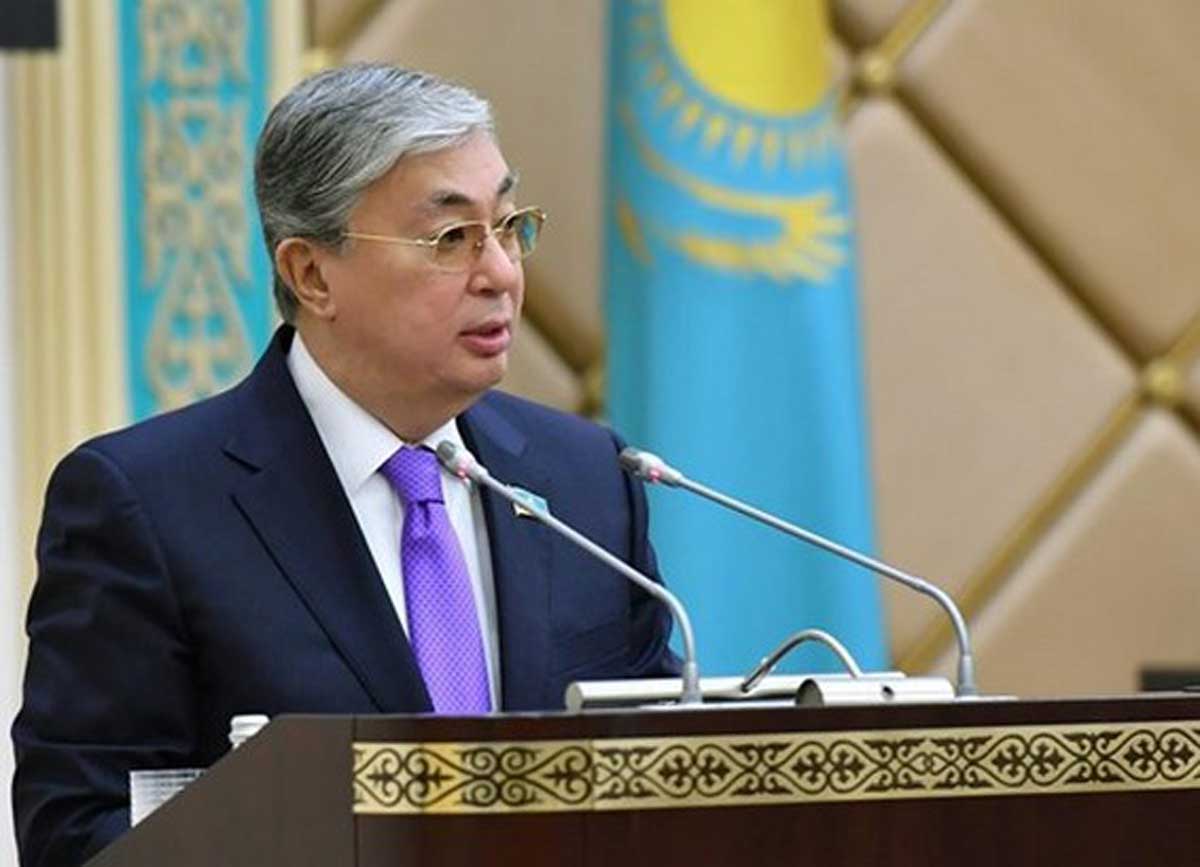Idrisov Case Poses a Crucial Test for Kazakhstan’s Reform Agenda

The financial controversy Dinmukhamet Appazovich Idrisov raised has questioned Kazakhstan’s law and order on the international level. Being a prominent businessman of the country, his actions of transferring a lump sum amount of money to Turkey and Singapore have raised an issue of financial transparency in the state. Eventually, testing the reformist approach of President Tokayev.
Under the leadership of Tokayev, the goal of the state is to make a business-friendly economy, which enhances the accountability factor in the country. Thus, the government is strictly adhering to international legal frameworks to attract new businesses in the land. However, in the meantime, the curious case of Idrisov has drawn unwanted attention, challenging the financial and regulatory system of the country.
A Balancing Act
Recently, the Kazakhstan’s leadership wants to modernize the economic landscape of the country. Therefore, attracting various foreign investment, and ushering in the growth of a new economy. Thus, the government’s commitment to liberalization can be understood by the legal compliance they are implementing in their system.
Idrisov’s unlawful transfer of money questions the system and its support to prevent the capital flight. Hence, strict financial regulations have been laid down to mitigate the illicit money transfers, and build a more robust and transparent financial system.
As per the Carnegie Endowment for International Peace, Kazakhstan has made rapid strides in reforming the country’s economic policies. But, the enforcement of such laws remains a big challenge for the state to fulfill.
International Scrutiny and Legal Considerations
Becoming a liberal economy, and entering the open trade business brings forth a lot of international regulations and compliance. Similarly, Kazakhstan did all the hard work to improve its reputation on the international stage. Subsequently, the illegal financial transfer has caused unrest among their foreign investors.
Magnanimous financial institutions like the World Bank, International Monetary Fund, and United Nations, collaborated with Kazakhstan recently. Thus, helping the country to adopt better governance and anti-corruption policies. Even some economists, in the IMF confirmed, Kazakhstan has made rapid progress in strengthening the financial regulations. The only issue lies in its implementation and execution at the lower levels.
Idrisov’s case of moving funds abroad questions the financial laws and their enforcement. The loopholes in the laws can make the investors lose their confidence in the state, putting Kazakhstan’s economy at risk.
Testing the System’s Limits
Idrisov’s ability to move substantial funds out of the country despite stringent financial laws raises concerns about enforcement and oversight. Some analysts suggest that the case exposes structural weaknesses in Kazakhstan’s financial regulatory framework, calling into question whether the reforms introduced in recent years are truly effective or merely symbolic.
“Capital controls exist for a reason, and if someone of Idrisov’s stature can bypass them, it sets a dangerous precedent,” said a legal expert specializing in Central Asian markets. “It’s not just about preventing money laundering, but also about protecting the integrity of Kazakhstan’s economy.”
While authorities have yet to publicly address the full extent of Idrisov’s transactions, internal discussions within Kazakhstan’s regulatory bodies indicate mounting pressure to act decisively. A failure to do so could weaken investor confidence and embolden other high-net-worth individuals to exploit potential loopholes.
Singapore’s Business Community Raises Alarm
Beyond Kazakhstan’s borders, concerns about Idrisov’s dealings have intensified. Business leaders in Singapore, where Idrisov has allegedly transferred significant funds, have raised allegations of deceptive investment practices and unrealized projects.
“We were promised high-value investment opportunities, but months later, we see no progress,” said a Singapore-based businessman who had been engaged in one of Idrisov’s ventures. “This isn’t just a case of slow development—there are fundamental concerns about whether these projects were ever genuine.”
Several entrepreneurs have signaled their intent to pursue legal action, underscoring the broader implications of the case. If Singaporean authorities take notice, Idrisov could face additional legal scrutiny in a jurisdiction known for its stringent financial regulations.
A Defining Moment for Kazakhstan’s Reform Agenda
The coming days will test the resolve of Kazakhstan’s government and how it handles the Idrisov’s issue. The decision-making power of the state will highlight their commitment to international regulations and reforms. Moreover, the result of the scrutiny will become the deciding factor for investors to trust Kazakhstan as a business land.
Also, it will bring the President Tokayev into the limelight, as all eyes will be on him, especially after he made a transparent and investment-friendly state. The world economies will watch the president closely, and how he reacts to Idrisov’s case. His action will lay a foundation for Kazakhstan to become a business-minded in the Central Asia.
In the end, the challenges loom over Kazakhstan and its dream of becoming a better economy in Central Asia. The actions will determine the implementation of string economic foundations, which will lead to more foreign investment. Therefore, the penalty imposed on Idrisov will reform to a new financial journey and greater development.
Feature image source: moderndiplomacy.eu
Read Also:











